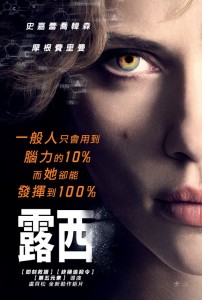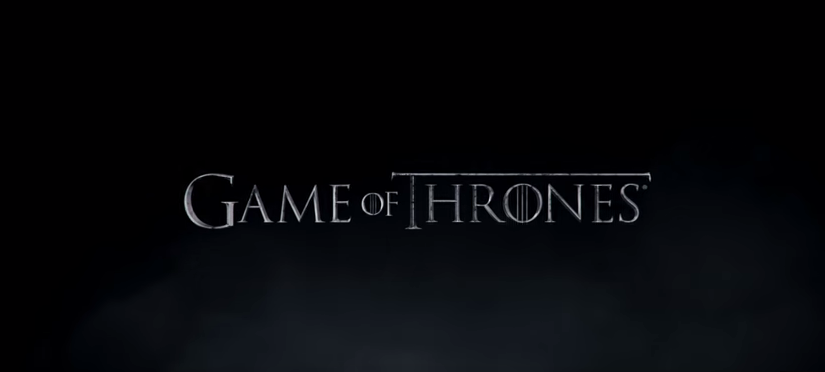Lucy in Chinese | (超体chāo tǐ | 露西lù xī)
This post was written by our good friend Aaron Posehn of For the Love of Languages. You can also check our recent interview with him here.
A few days after it opened in theatres here in Taipei, I went to go see Scarlett Johannson’s latest film, Lucy. Equipped with its fair share of Korean gangsters, drug deals, super powers, blazing gun fights, and a very cool (though flawed) philosophy about human perception and cognition, I noticed that Lucy also had a few interesting one liners that really stood out among the rest.
First though, let’s take a look at the name of the movie itself, of which there seem to be two different names.
Mainland China: 超体 (chāo tǐ)
Taiwan: 露西 (lù xī)
As you might guess from the Taiwanese name, it’s just a transliteration of the English name for Lucy. 露 (lù) by itself means “to reveal” or “to expose,” and西(xī) means “west,” but these meanings are not used here when forming this foreign name.
However, the name for the movie in Mainland China is totally different. Its title is 超体 (chāo tǐ), or something like “Super Body.” I guess it is reflective of the movie, since Lucy transforms into a merciless warrior from overexposure to a drug compound, and then proceeds to kick all her enemy’s butts.
On a side note, you might wonder why they didn’t call the movie 超人 (chāo rén), since 超 (chāo) means “super” and 人 (rén) means “person.” Makes sense, right? She was a super-human person.
Well, it’s probably because 超人 (chāo rén) is already the Chinese name of another superhero, namely Superman. Sorry, Lucy.
As I mentioned above, there are also some fabulous (if not slightly mystical) quotes that can be found in this film. My favorite one was the following:
“Time is the only true unit of measure, it gives proof to the existence of matter.”
However, because of the Chinese subtitles on the screen, I also got to see how this was translated into Chinese, and it is as follows:
唯一能證明存在的,只有時間;如果沒有時間,我們就不存在。
(wéiyī néng zhèngmíng cúnzài de, zhǐyǒu shíjiān; rúguǒ méiyǒu shíjiān, wǒmen jiù bù cúnzài)
The breakdown of this sentence is as follows:
(hit the red links to search our huge database of sample sentences on ChinesePod.com)
- 唯一 (wéi yī) – only, sole
- 能 (néng) – can, able to
- 证明/ 證明 (zhèng míng) – prove
- 存在 (cún zài) – existence
- 只有 (zhǐ yǒu) – only have, there is only
- 时间 / 時間 (shí jiān) – time
- 如果 (rú guǒ) – if
- 我们 / 我們 (wǒ men) – we
- 不 (bù) – no, not
Therefore, a rough translation would be something like this:
“The only thing proving existence, there’s only time; if there’s no time, we don’t exist.”
Pretty much the same meaning as the English version.
If you haven’t seen the film yet, I recommend it. It’s a neat action flick with an interesting premise, though as a former psychology professor of mine once said, if we all used only 10% of our brain functions, that would be called being dead.
I still want Lucy’s power of telepathy though, and you can tell me in the comments what you thought of this film if you’ve had the chance to see it as well.
Latest posts by Aaron Posehn (see all)
- How to Read a Chinese Poem with Only One Sound - October 25, 2014
- Self-Service Buffets: How to get a cheap healthy meal in Asia - October 20, 2014
- A Typical Breakfast in Taiwan - October 4, 2014




Lucy In Chinese | ChinesePod | MandarinMadeEZ
September 3, 2014 @ 4:38 pm
[…] http://blog.chinesepod.com/lucy-in-chinese-%E8%B6%85%E4%BD%93chao-ti-%E9%9C%B2%E8%A5%BFlu-xi/ […]
Lucy 露西 | How to Learn Chinese Writing 學習漢字
September 10, 2014 @ 11:56 pm
[…] This post was originally written by me and published on the ChinesePod blog. You can read it here. […]